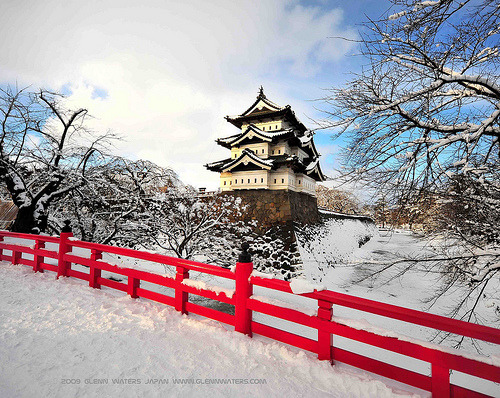this simple formula to express something difficult to do and something hard to do, basic formula to conjugate verb with nikui (にくい)and yasui (やすい)first must learn second verb sound change.
Verb second sound
the hiragana at the end of the verb should be changed to the second sound (a i u e o), from dictionary verb form change vokal U with i at the end of word. that formula use when verb end with U vokal in groups I.
for example
nomu > nomi ( to drink)
kaku > kaki ( to write )
yomu > yomi ( to read )
kiku > kiki ( to listen)
kau > kai ( to buy)
uru > uri ( to sell)
narau > narai ( to learn)
For Groups II, end with ru and before ru is e vocal group (A, I , U, E, O),
for this groups verb, doesn't need to change, but just delete the ru in end of verb
for example
taberu > tabe (to eat)
kakeru > kake ( to use)
manaberu > manabe ( to learn)
exception, groups III
for miru change with mi, and kuru with ki suru with shi
benkyou suru > benkyou shi ( to study)
shoji suru > shoji shi ( to clean)
Easy To Do Verb + yasui
to express that something is easy to to, just put verb that learn in above before yasui, for example
1. easy to eat
tabe + yasu = tabe yasui
食べやすい。
2. easy to study
benkyoushi + yasui = benkyou shiyasui
勉強しやすい。
3. easy to sell
uri + yasui = uri yasui
売りやすい。
4. easy to listen
kiki + yasui = kiki yasui
聞きやすい。
5. this medicine is easy to drink
kono kusuri ha nomiyasui desu.
この くすり は 飲みやすいです。
Hard To Do, Verb + Nikui
same with yasui, just replace yasui with nikui, for example
1. difficult to eat
tabe + nikui
食べにくい
2. nato is difficult to eat
nato ha tabenikui desu
ナト は 食べにくいです。
3. english is difficult to learn
eigo ha benkyoushiyasui desu.
英語は勉強しにくいです。
4. kanji is difficult to write.
kanji ha kakinikui desu.
漢字は 書きにくいです。








